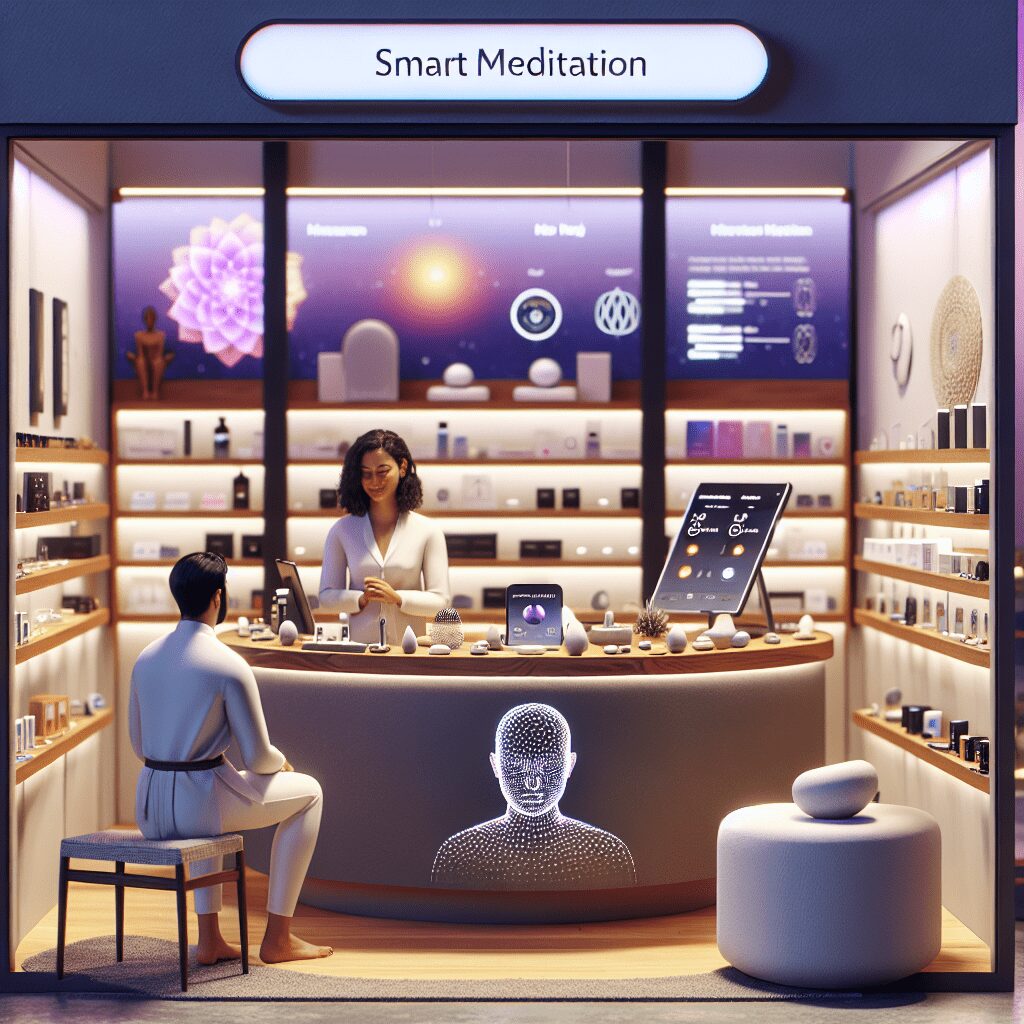
Prioritize your mental well-being daily. Enhance your life by nurturing your mental health with the Smart Meditation app. Break free from stress, alleviate anxiety, and enhance your sleep quality starting today.
Should I Take My Antidepressant Before Or After Food?
Navigating the Waters of Antidepressant Timing: To Eat or Not to Eat?
When embarking on the journey of managing mental health through medication, one common question that crops up is: “Should I take my antidepressant before or after food?” It’s like standing at a culinary crossroads, but the decision could impact more than just your taste buds. This isn’t just about avoiding a rumbly tummy; it’s about optimizing your medication’s efficacy and minimizing side effects. So, let’s slice through the confusion and serve up some clarity.
The Digest on Digestion and Antidepressants
First things first, it’s crucial to underscore that not all antidepressants wear the same shoes. Meaning, the instructions can differ substantially between various types. Some antidepressants are the early birds that work best on an empty stomach, while others need the cozy cushion of a meal to prevent potential side effects like nausea or stomach upset.
– Food for Thought:
-
SSRIs (Selective Serotonin Reuptake Inhibitors): This group, including meds like fluoxetine (Prozac) and sertraline (Zoloft), generally doesn’t play favorites. You can welcome them aboard with or without food. However, if they stir up your stomach, having them with food might be a good gamble.
-
SNRIs (Serotonin and Norepinephrine Reuptake Inhibitors): Medications such as venlafaxine (Effexor) and duloxetine (Cymbalta) might urge a full plate to keep side effects at bay.
-
Tricyclics: These old-school companions like amitriptyline might not be as picky, but popping them with food can sometimes help to ease the potential side effect symphony.
-
MAOIs (Monoamine Oxidase Inhibitors): With a stricter diet playbook due to interaction risks, it’s not just about when but what you eat. Consulting with your healthcare provider for a tailored game plan is a must.
Tackling the Timing
Your timing technique can make or break your medication’s mojo. Morning, noon, or night isn’t a one-size-fits-all, as lives are peppered with different routines and commitments. Here’s a tidbit to munch on:
-
Morning Meds: If your antidepressant is known to gift you with a burst of energy or if insomnia is a dreaded sidekick, breakfast time might be their prime time.
-
Evening Doses: For those that tend to escort you to dreamland or leave you feeling a tad drowsy, setting a dinner date or a pre-snooze schedule could work wonders.
Heck, even splitting the dose, if green-lit by your doctor, can help dodge side effects or enhance the medication’s effectiveness.
The Ultimate Cheat Sheet: Your Healthcare Provider
While the internet is a treasure trove of tips and personal anecdotes, your healthcare provider is the seasoned captain of your medication journey. Because, frankly, when it comes to your health, it’s not the time for a guessing game. A chat with your doc can clear the haze on:
- The best timing in sync with your personal and professional life
- The ideal food pairings (if any) to prevent the seesaw of side effects
- Adjustments in dosage timings that could potentially amplify the benefits
In the grand scheme of things, the goal is to ensure that your antidepressants are in perfect harmony with your body’s rhythm, not playing a discordant note. Remember, when it comes to medication, it’s not just what you take, but how and when you take it that can ring in the changes you’re hoping for.




